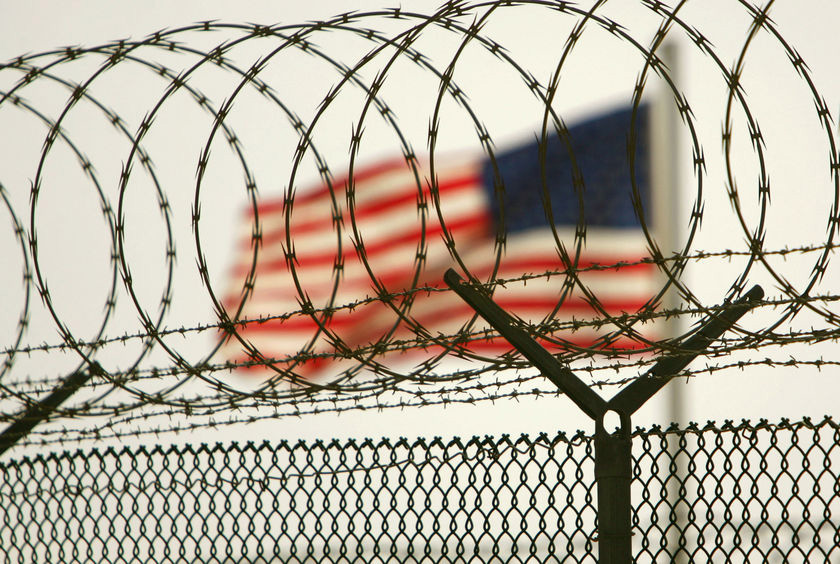
Apr 6, 2009 | E-bulletin on counter-terrorism & human rights, News
Read the 32nd issue of ICJ’s monthly newsletter on proposed and actual changes in counter-terrorism laws, policies and practices and their impact on human rights at the national, regional and international levels.
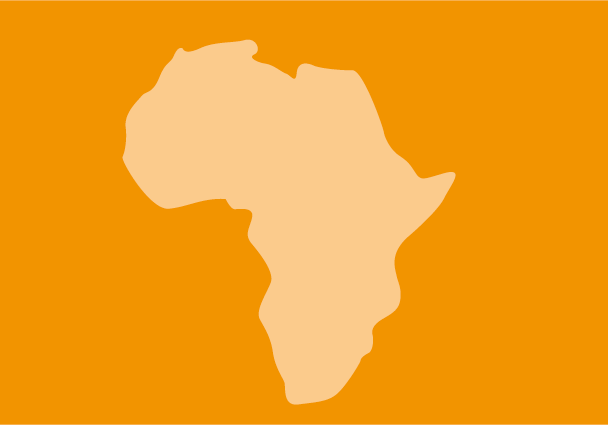
Apr 6, 2009 | Events
Initial widespread support for the US-lead ‘War on Terror’ in response to the 9/11 attacks has diminished markedly. What does this mean for Africa?
In fact, counter-terrorism today has a less-than-honourable reputation, conjuring images of extra-judicial renditions, unlawful and indefinite detention, and torture.
However recent developments indicate that change is coming to the way the world – and Africa – combats terrorism. President Obama has already ordered an end to several unlawful US-lead practices; in Europe and other regions courts are reminding governments about the importance of human rights and due process. Rather than falling primarily within the domain of spies and the military, criminal justices responses will become increasingly important.
Is Africa ready for this change? The ICJ and the Institute for Security Studies (ISS) are organizing an evening reception to explore these questions and launch the recent report of the ICJ’s Eminent Jurists Panel on Terrorism, Counter-Terrorism and Human Rights.
Africa-terrorism-news-2009 (full text, PDF)
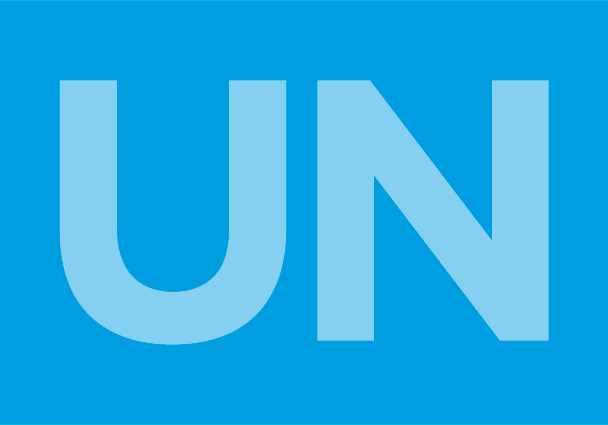
Apr 2, 2009 | News
The ICJ welcomed the decision of President Obama’s administration to seek a seat on the UN Human Rights Council.
A reversal of the Bush administration’s decision to disengage from the Council came at the right time, as the Council continues to grapple with some of the most pressing human rights situations and concerns.
United States–US decision to run for membership reaffirms-web story-2009 (full text, PDF)
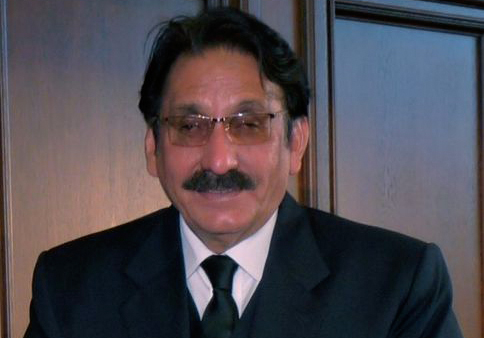
Mar 20, 2009 | News
The ICJ welcomes the reinstatement of Chief Justice Iftikhar Mohammad Chaudhry by the Government of Pakistan.
“The reinstatement of the Chief Justice is an historic milestone in reaffirming the rule of law and the independence of the judiciary in Pakistan,”said Dato Param Cumaraswamy, ICJ Honorary Commissioner and former UN Special Rapporteur on the Independence of Judges. “It will help restore public and international confidence in the judicial system, but for this to be effective, the Government must ensure functional independence of the judiciary, without any executive interference in the future.”
Pakistan-reinstatemt-chiefjustice-web story-2009 (full text, PDF)
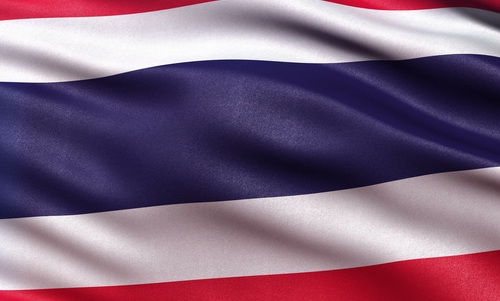
Mar 10, 2009 | News
Serious failures in the criminal investigation have denied justice in the case of disappeared Muslim lawyer Somchai Neelapaichit in Thailand, the ICJ said in a new report released today.
The ICJ said there were no signs of concrete progress in bringing the perpetrators to justice and urged the investigators to use all available legal powers to overcome a ‘wall of silence’ in the police and to secure essential evidence.
Thailand-Serious failures in the criminal investigation-Press releases-2009 (full text, PDF)
Link to report of trial obervation mission (in English and Thai)
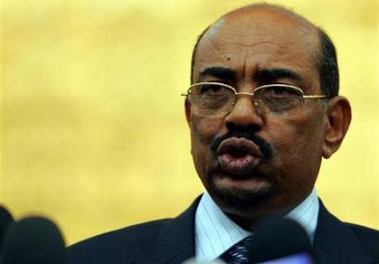
Mar 9, 2009 | News
The ICJ today welcomed the decision to issue a warrant of arrest against the President of Sudan, Omar Hassan Ahmad Al Bashir, for crimes against humanity and war crimes.
This first decision, in which an international tribunal has sought the arrest of a sitting head of State, is a significant step forward towards breaking the cycle of impunity and bringing justice to victims in Darfur.
Sudan-Breaking the cycle of impunity and bringing justice to victims in Darfur-Press releases-2009 (full text, PDF)










